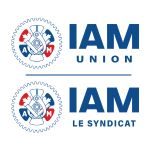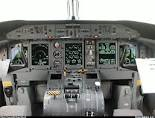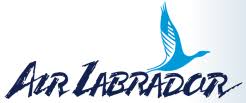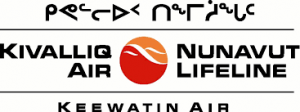By Carlos DaCosta – IAM Air Transport Coordinator
Recently, I attended a Fit to Fly workshop put on by Transport Canada in Quebec. This workshop was centred on supporting aviation personnel (pilots) with mental health challenges and substance abuse disorders in the interest of aviation safety.
The IAM proudly represents pilots at Keewatin Air and Air Labrador, and information gathered at this workshop will be helpful for our pilots at these two airlines.
There was a lot of information provided on mental health challenges and substance abuse disorders, discussions from many airlines on employee assistance programs in place, along with methods used in the industry on how to sustain a healthy workforce.
Further, there were extensive discussions on random alcohol and drug testing with a lot of debate on why it is not practical. Interestingly, the doctors working for the major air carriers all agreed that it is not practical or useful to randomly test for drugs and alcohol. All preferred to have a program in place where pilots could voluntarily seek help. The success of such voluntary programs appears to be as high as 95% and is a testament of how successful these programs work.
The four themes of the workshop were:
- Understanding Mental, Physical and Substance Abuse Disorders,
- Tools, Programs, and Best Practices,
- Prevention, Implementation and Measuring Success,
- Rights, Regulations and Roles.
There were speakers from ICAO, Jazz Aviation, Humanitas, former AME technician, Centre for Aviation Psychology, ALPA, WestJet, Air Canada, Porter, Pratt & Whitney, NAV Canada, CHRA, Transport Canada, the Canadian Nuclear Safety Commission and a former AME technician.
All speakers agreed that assisting pilots in need through voluntary programs is the preferred method due to its high success rate. Further, the Government announced that they will be amending the number of hours that pilots may fly in a given day. This is where there is some disagreement amongst the players who attended this workshop, as some including the IAM prefer reducing the number of hours pilots fly after 1800 hrs. Presently they are allowed to fly a maximum of 10.5 hours which was introduced back in 2015.
Finally, the IAM has joined forces with other unions representing pilots in Canada in a program called Safer Skies. (https://saferskies.ca/home ) The 5 unions supporting this initiative aim to raise awareness and amend Transport Canada regulations to reduce Pilot Fatigue. Please take the time to check out this website and sign the online petition so that our Government is aware of why we need to change the present regulations.





